Designing a career development program: a case study
Recently we checked in with Andrew McEwan, Deputy Principal of Holy Spirit College Fitzgibbon, Queensland. Their experience can offer some insights...
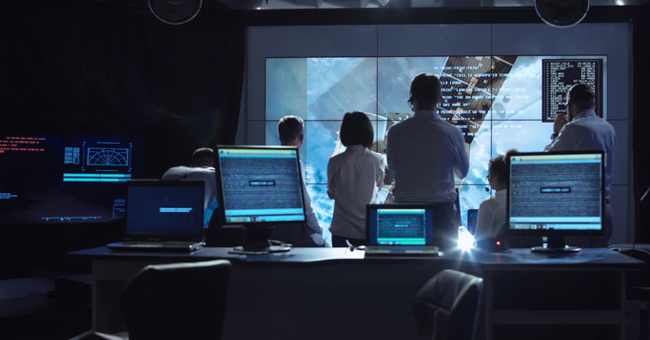
Heard on a New York sidewalk:
“Pardon me,” the man says, “can you tell me how to get to Carnegie Hall?”
“Yes,” answers the maestro. “Practice!”
This old gem works when applied to the question “can you tell me how to get to space?”
The fabled maestro supplied no specific advice on what to practice. Piano, violin, or voice? Trumpet, guitar, jazz, rock, pop, classical, solo, ensemble, band, choir, or orchestral pieces? Any. And all. Carnegie Hall is a venue that highlights world-class talent. Virtuosity rather than a focus on a specific genre or instrument.
It's the same for those looking to take leave from Earth.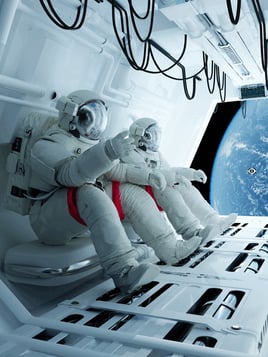
Much has changed since projects Mercury, Gemini, and Apollo. The risk of spaceflight, and the scarcity of seats limited opportunities. In the past, only white males of certain height and weight with military flight skills need apply.
As I write this NASA is trying to repair a hydrogen leak on Artemis 1 while it is on the launch pad. As we wait, I’ll expand on the career planning advice we hear from astronauts.
When the Shuttle program started, we began flying mission specialists, engineers, and doctors. Astronauts now generally tell prospects “Get really good at whatever it is you do.”
Astronauts emerge when they complete training as astronaut candidates. This happens in the government and private space programs. Our focus is on how to become an astronaut candidate or to get involved in space in other roles.
Think of space programs like NASA or SpaceX, or off-world activity in general, as a microcosm of life on Earth. The bigger the population off-planet, the truer this becomes.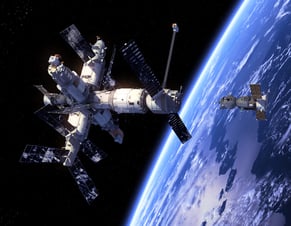
We all need to eat. We get sick and need doctors. We need to extract resources like water and minerals. Fitness is a big challenge in low gravity. Power systems, robotics, fuel handling and life support systems are critical. Environmental control, radiation management, waste handling, and construction happen off-planet. Any of these could light the fuse under space ambitions in our students.
To get involved become an expert in something necessary and critical. Show a dedication to life-long learning. Don’t relax after obtaining an undergraduate degree. Advanced degrees in STEM and quality practical experience are essential qualifications. Learn to fly on the weekends. Invent. Get scuba certified. Learn to love teamwork and function in stressful situations. Learn rock climbing, abseiling, or sailing.
It is possible that your student could get into space -- based on Pilates teaching skills. Yet, the odds are not favorable. Oprah might take the student along as a personal trainer on her private space yacht. Yeah, not likely.
To combine a love of fitness with a love of space travel, Pilates won’t cut it. A degree in Exercise Physiology, combined with Mechanical or Robotics Engineering would look good. We’ll consider all this learning and experience as foundational. Do it because familiarity with the space program makes it obvious that keeping people fit during space travel is a challenge. It requires new thinking, new processes, and new inventions. Your student.
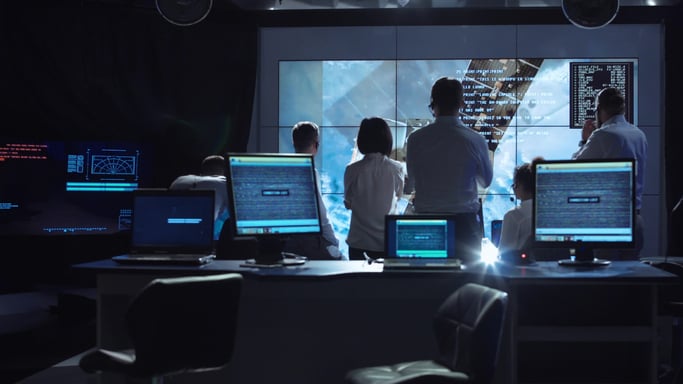
If the kid is into mining, help them go for the practical operational skills. But encourage focus on advanced degrees enabling the creation of solutions and machines for the industry.
She needs to become useful on a moon base or when designing and supporting space-bound equipment. Enter engineering challenges and internships available in the space programs.
There are dozens of paths to take to the space industry.
It would be wise to encourage visits to space camp, to follow the programs on social media, and to track pages like these for timely info: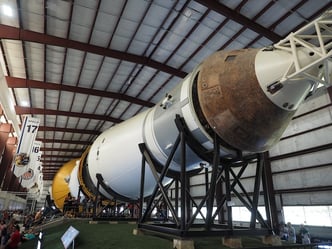
We're seeing more student searches than ever on space themes, and we have responded with a bridge on Space Exploration in the BECOME.ME app (What's a Bridge?)
There are hundreds of space-related careers and the Space Exploration bridge is designed to provoke students to explore widely and think. 'Hey, game designers are needed in space programs!' (Yes, for the simulator systems.) 'What's materials science got to do with space?' (Quite a lot actually.)
We hope that by exploring some of the many specialties in space careers, students will broaden their understanding of the world of work.
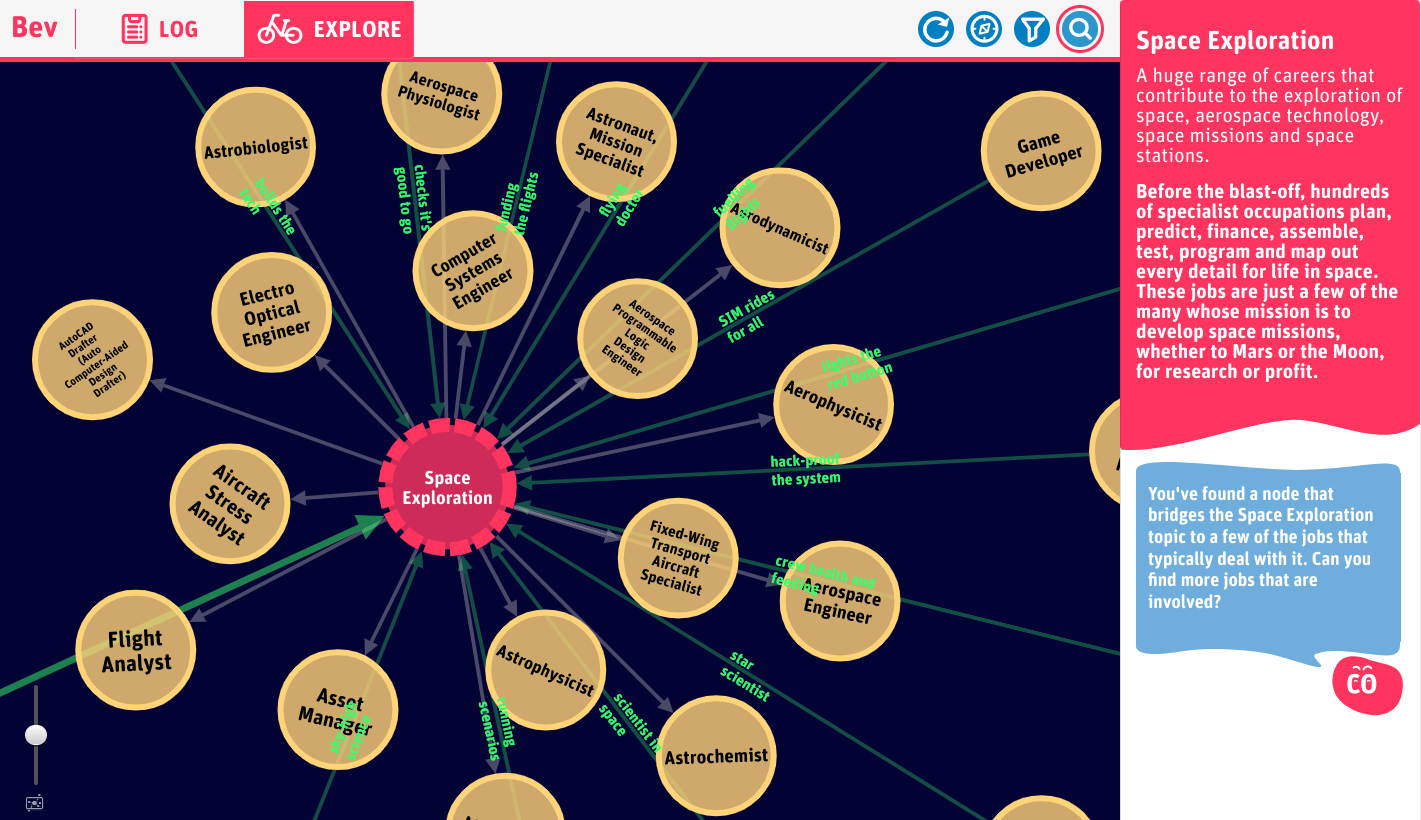
For BECOME schools with space-mad students, we recommend teachers check the Resource Centre for lessons such as Invisible Jobs - In the Future to help them see the many careers that contribute to complex areas of human activity.
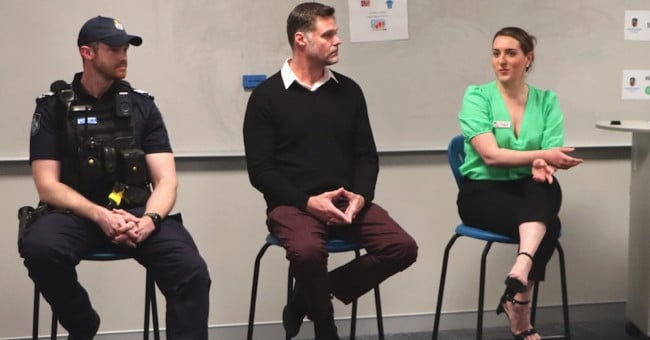
Recently we checked in with Andrew McEwan, Deputy Principal of Holy Spirit College Fitzgibbon, Queensland. Their experience can offer some insights...

I’m an optimist. But wow, that bubble has been a bit deflated reading the recent Monash Uni discussion paper, Young Women Choosing Careers: Who...
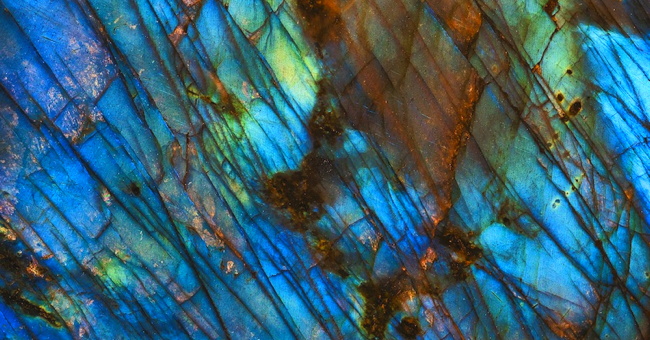
When we were planning upcoming Reimagining Careers Education sessions, we asked our community what they liked from the last two years of live, online...